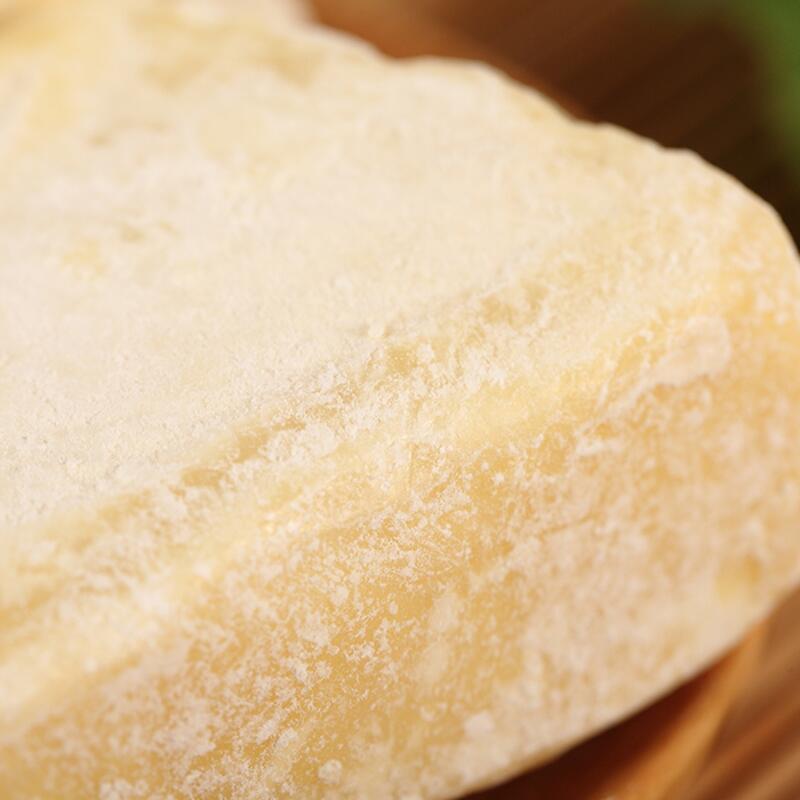-
Categories
-
Pharmaceutical Intermediates
-
Active Pharmaceutical Ingredients
-
Food Additives
- Industrial Coatings
- Agrochemicals
- Dyes and Pigments
- Surfactant
- Flavors and Fragrances
- Chemical Reagents
- Catalyst and Auxiliary
- Natural Products
- Inorganic Chemistry
-
Organic Chemistry
-
Biochemical Engineering
- Analytical Chemistry
-
Cosmetic Ingredient
- Water Treatment Chemical
-
Pharmaceutical Intermediates
Promotion
ECHEMI Mall
Wholesale
Weekly Price
Exhibition
News
-
Trade Service
On September 22, the innovation team of the Institute of Crop Science of the Chinese Academy of Agricultural Sciences and the innovation team of the excellent germplasm resources of the characteristic crops successfully drew a high-quality fine physical map of the Chinese pea genome, constructed the pan-genome of cultivated and wild peas, analyzed the evolutionary characteristics and population genetic structure of the pea genome, and provided valuable resources and data support
for revealing the origin and domestication of peas, as well as gene mining, germplasm innovation and breeding improvement.
The results of the research were published online in the form of a long article in the journal Nature Genetics
.
for revealing the origin and domestication of peas, as well as gene mining, germplasm innovation and breeding improvement.
The results of the research were published online in the form of a long article in the journal Nature Genetics
.
Peas are grain, vegetable and green manure used in the north and southern Vietnamese cold season edible bean crops, with rich nutritional value and significant ecological advantages, widely planted
in the world.
Since Mendel's discovery of the law of heredity, the pea has received widespread attention
from academics and the public as a model plant for genetic research.
However, the pea genome is very large and quite complex to assemble, and the fine physical map of the pea's high-quality genome has not been completed, which seriously hinders the theoretical and applied research
of peas.
in the world.
Since Mendel's discovery of the law of heredity, the pea has received widespread attention
from academics and the public as a model plant for genetic research.
However, the pea genome is very large and quite complex to assemble, and the fine physical map of the pea's high-quality genome has not been completed, which seriously hinders the theoretical and applied research
of peas.
The research team used the Chinese pea main cultivar "Zhongpea No.
6", based on a variety of advanced sequencing techniques, integrated and optimized a variety of assembly strategies, and provided significantly improved high-quality fine physical maps and annotations
of peas.
The size of the Semptian 6 genome assembly is about 3.
8 Gb, and the comprehensive evaluation method of genome assembly has consistently demonstrated that the genome has excellent performance
in terms of continuity, accuracy and completeness of complex repeat regions and transposons.
6", based on a variety of advanced sequencing techniques, integrated and optimized a variety of assembly strategies, and provided significantly improved high-quality fine physical maps and annotations
of peas.
The size of the Semptian 6 genome assembly is about 3.
8 Gb, and the comprehensive evaluation method of genome assembly has consistently demonstrated that the genome has excellent performance
in terms of continuity, accuracy and completeness of complex repeat regions and transposons.
The researchers also revealed genomic variation patterns of 118 cultivated and wild pea germplasms, resolving long-standing controversy over the classification of pea species, proving that Ethiopian peas are separate species from wild peas and cultivated peas, providing new insights into
the domestication of pea origins.
The study analysis identified 25 quantitative trait sites (QTLs) associated with 12 important agronomic traits of peas, two Mendelian genes R and Le that were previously known to control particle type (round grain/wrinkle) and plant height (tall/dwarf), and one candidate gene
associated with pod type (hard pod/soft pod).
the domestication of pea origins.
The study analysis identified 25 quantitative trait sites (QTLs) associated with 12 important agronomic traits of peas, two Mendelian genes R and Le that were previously known to control particle type (round grain/wrinkle) and plant height (tall/dwarf), and one candidate gene
associated with pod type (hard pod/soft pod).
At the same time, the study constructed a pangenome containing 116 cultivated and wild pea germplasms, clustered 112,776 pangene clusters, showing significant differences in the existence/deletion variation (PAV) pattern and functional enrichment between different species under the pea genus, among which the unique pangenes in wild peas and Ethiopian peas showed significantly different functional enrichments, indicating their important potential
as a breeding resource for peas in the future.
as a breeding resource for peas in the future.
The publication of this result coincides with the 200th anniversary of Mendel's birth, and the release of the high-quality reference genome and pan-genome of peas broadens our understanding of the genetics behind the huge genome of peas, and provides valuable genomic resources for pea germplasm resources
and breeding improvement research.
and breeding improvement research.
Associate Researcher Yang Tao and Assistant Researcher Liu Rong, Associate Researcher Luo Yingfeng and Hu Songnian of the Institute of Microbiology of the Chinese Academy of Sciences, and Assistant Researcher Wang Dong of the Institute of Crop Germplasm Resources of Shandong Academy of Agricultural Sciences are the co-first authors
of the paper.
Xu Xiao Zong, Research Fellow of the Institute of Science, Gao Shenghan, Special Research Assistant of the Institute of Microbiology, Chinese Academy of Sciences, Ding Hanfeng, Researcher of the Institute of Crop Germplasm Resources of the Shandong Academy of Agricultural Sciences, Professor Rajeev K Varshney of the International Institute of Semi-arid Tropical Crops and Murdoch University of Australia are co-corresponding authors
of the paper.
The research was supported
by the National Key Research and Development Program, the National Natural Science Foundation of China, the Modern Industrial Technology System of Edible Beans, the Conservation of Crop Germplasm Resources and the Innovation Project of the Chinese Academy of Agricultural Sciences.
of the paper.
Xu Xiao Zong, Research Fellow of the Institute of Science, Gao Shenghan, Special Research Assistant of the Institute of Microbiology, Chinese Academy of Sciences, Ding Hanfeng, Researcher of the Institute of Crop Germplasm Resources of the Shandong Academy of Agricultural Sciences, Professor Rajeev K Varshney of the International Institute of Semi-arid Tropical Crops and Murdoch University of Australia are co-corresponding authors
of the paper.
The research was supported
by the National Key Research and Development Program, the National Natural Science Foundation of China, the Modern Industrial Technology System of Edible Beans, the Conservation of Crop Germplasm Resources and the Innovation Project of the Chinese Academy of Agricultural Sciences.
Article link: https://doi.
org/10.
1038/s41588-022-01172-2
org/10.
1038/s41588-022-01172-2







